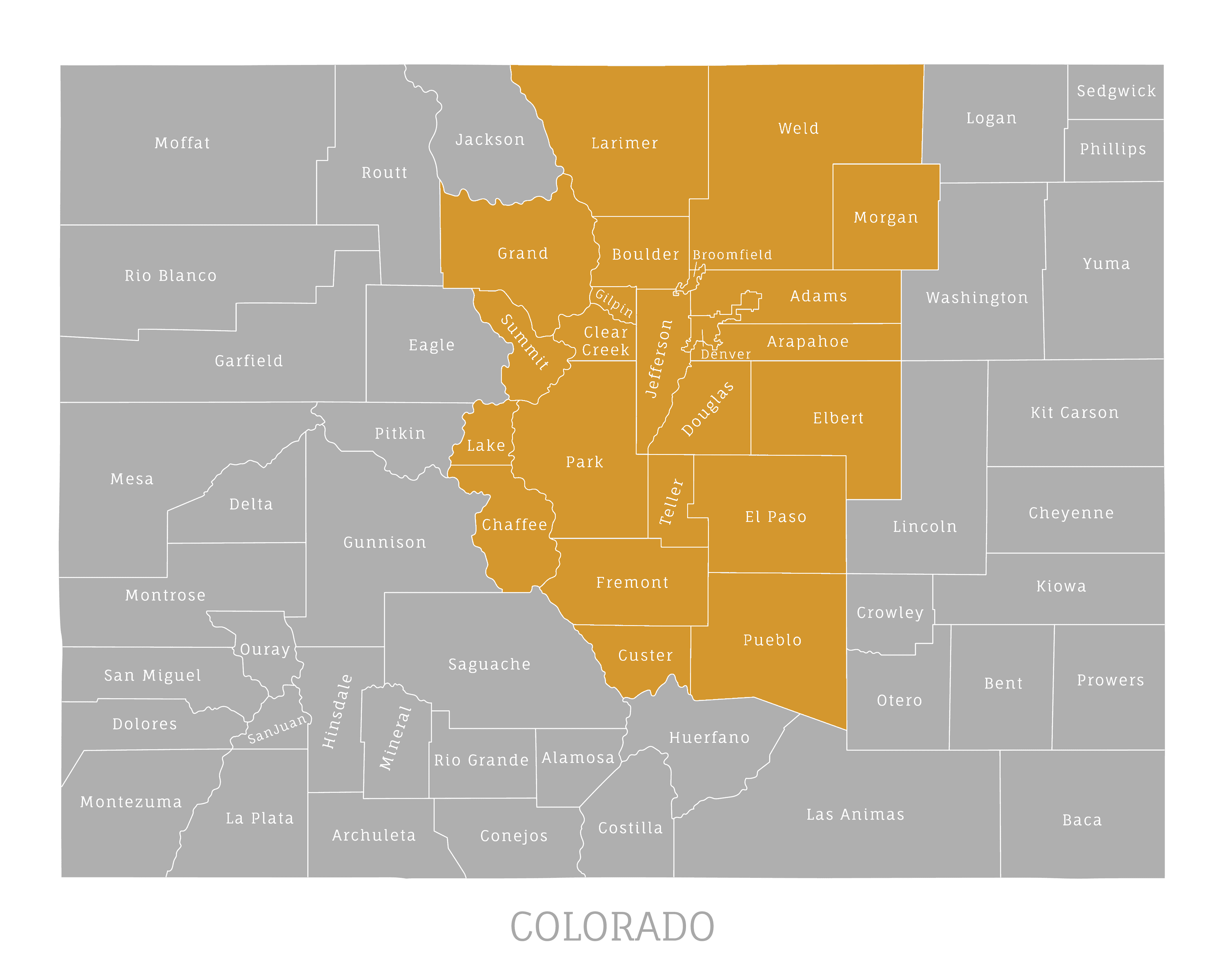Residential Solar Frequently Asked Questions
Start with a free consultation from Vanguard Solar Services. We’ll analyze your energy usage, inspect your roof, and guide you through system design, permitting, and installation—all tailored to Colorado regulations and weather.
Solar systems in Denver need very little maintenance. Annual inspections and occasional cleaning are usually enough to keep them operating efficiently. We do recommend annual panel cleanings and inspections to get the most out of your investment. We offer both of these services as part of our maintenance plans.
Most solar panels are designed to last 25–30 years or more. They typically come with performance warranties guaranteeing at least 80% efficiency at 25 years..
From consultation to activation, the process typically takes 6–10 weeks. This includes permitting, utility approval, and actual installation—usually completed in a day or two.
Colorado has solar access laws that limit HOA restrictions on solar installations. While HOAs can request reasonable modifications, they generally can’t prohibit you from going solar.
Grid-tied solar systems automatically shut down during outages for safety reasons. If you want power during an outage, consider adding a battery backup system like Tesla Powerwall or similar.
Not necessarily. Most systems are grid-tied, which means you’ll draw power from the utility when needed and send excess power back when your system overproduces. However, battery backup is a great option for added energy independence and protection during outages.
Yes. Homes with solar in Colorado tend to sell faster and at a premium. Buyers appreciate lower energy bills and long-term environmental benefits.
Savings depend on your electricity usage, system size, and available incentives. Most Denver homeowners see a significant reduction in their electric bills and can expect a return on investment in 7–10 years.
In addition to the federal solar tax credit (ITC), Denver residents may qualify for Xcel Energy’s Solar Rewards Program, which pays you for excess energy sent back to the grid. Some local and state-level incentives and property tax exemptions may also apply.
Yes, but performance may be temporarily reduced if snow covers your panels. Luckily, snow in Denver often melts quickly, and panels are designed to shed snow efficiently
Solar panels perform well in Denver’s sunny climate—even in winter. Cold temperatures can actually improve panel efficiency, and snow usually melts quickly due to the panels’ dark surfaces and angled installation.
Yes! Denver averages over 300 days of sunshine per year, making it an excellent location for solar energy. The city’s elevation and dry climate also improve solar panel efficiency.
Most homes are suitable for solar, but factors like roof condition, orientation, shading, and local climate can affect performance. A professional solar assessment can determine if your home is a good fit.
Solar panels absorb sunlight and convert it into direct current (DC) electricity. An inverter then converts the DC into alternating current (AC), which powers your home.
Solar energy is power generated by converting sunlight into electricity using photovoltaic (PV) panels. It’s a clean, renewable source of energy that helps reduce your carbon footprint.



